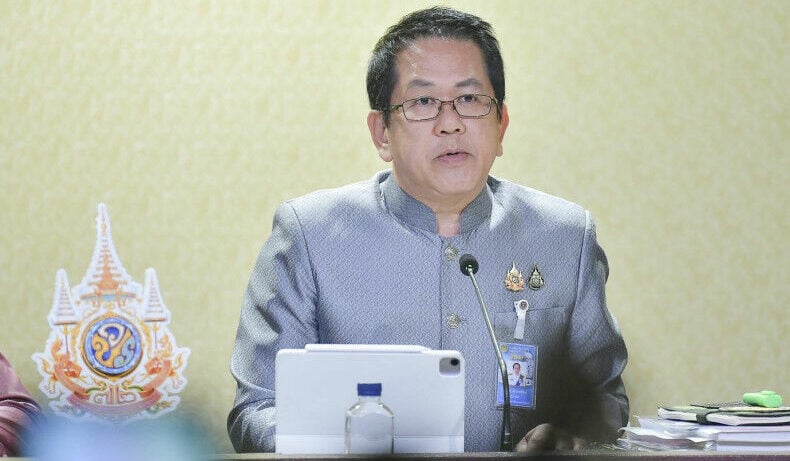Thai Cabinet approves increase in foreign worker quotas

The Thai Cabinet has given the green light to a proposal aimed at addressing the current shortage of foreign workers in businesses by increasing their numbers. This initiative comes in response to the outdated laws that have been in place since 1979, which limit foreign workers to 100 per business and stateless workers to 50.
Government spokesperson Jirayu Huangsab stated that Prime Minister Paetongtarn Shinawatra highlighted the need to revise these laws during a Cabinet meeting. The prime minister noted that the economic environment has evolved considerably over the past 45 years, necessitating an update to the foreign worker quotas.
“The existing regulations no longer reflect the current economic conditions.”
Jirayu further explained that the Interior Ministry has been tasked with researching a new quota that balances economic needs with national security concerns.
The current Thai labour laws classify foreign job opportunities into three categories: prohibited, restricted, and conditionally permitted businesses. Prohibited businesses include roles such as newspaper operations, radio broadcasting, and agriculture, where foreigners are entirely barred.
Restricted businesses cover areas impacting national security or cultural heritage, and foreigners can work in these fields only with Cabinet approval. Conditionally permitted businesses are those where Thai nationals are not yet competitive, allowing foreigners to work only after gaining approval from the Foreign Business Commission.
In a different matter, the Cabinet has also approved the transfer of a concession related to energy exploration in the Gulf of Thailand. Block G 12/2005, currently held by Total Energy with a 33.33% stake, will be transferred to PTTEP International, making it the sole owner with a 100% stake, reported Bangkok Post.
“This transfer will not impact the government’s royalties from the concession,” affirmed Jirayu. Presently, PTTEP International holds 44.5%, Thai Energy owns 22.22%, and Total Energy maintains a 33.33% share. The concession is due to expire in 2035.
Latest Thailand News
Follow The Thaiger on Google News:


























